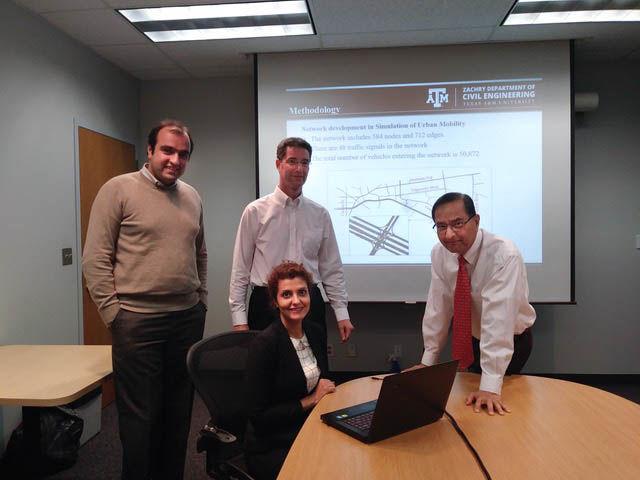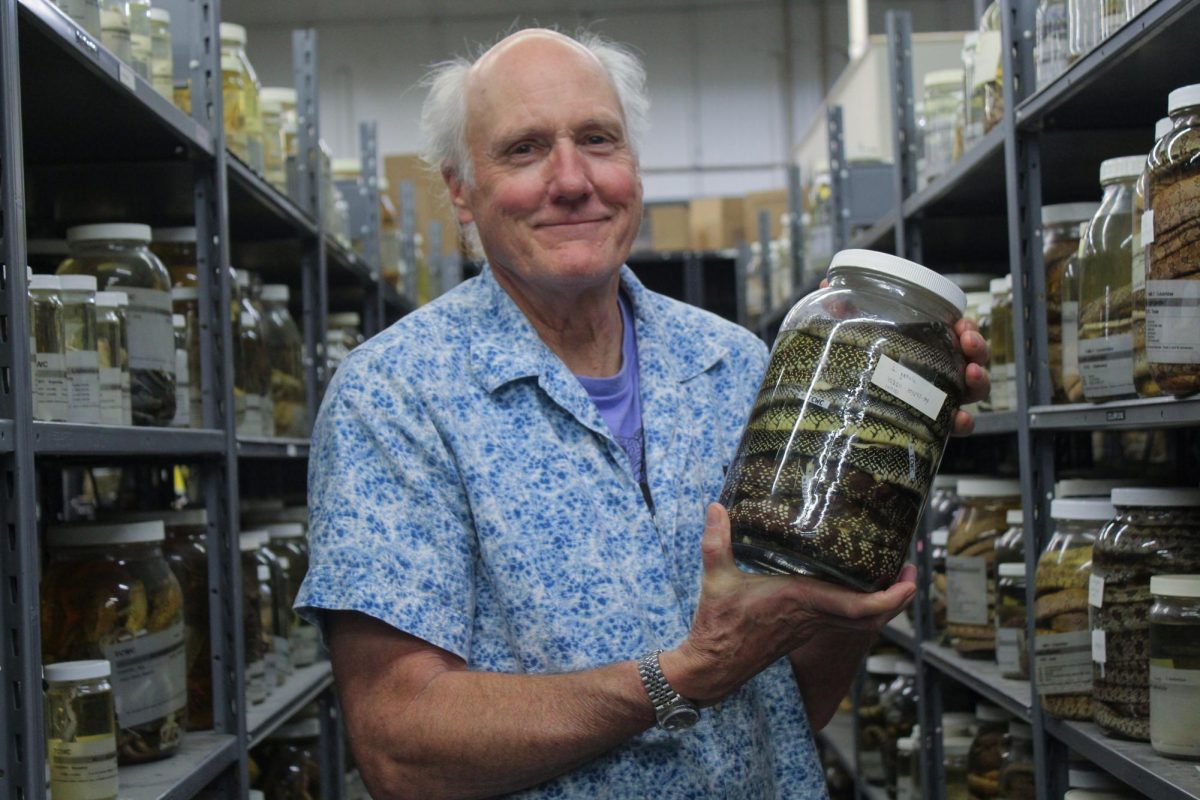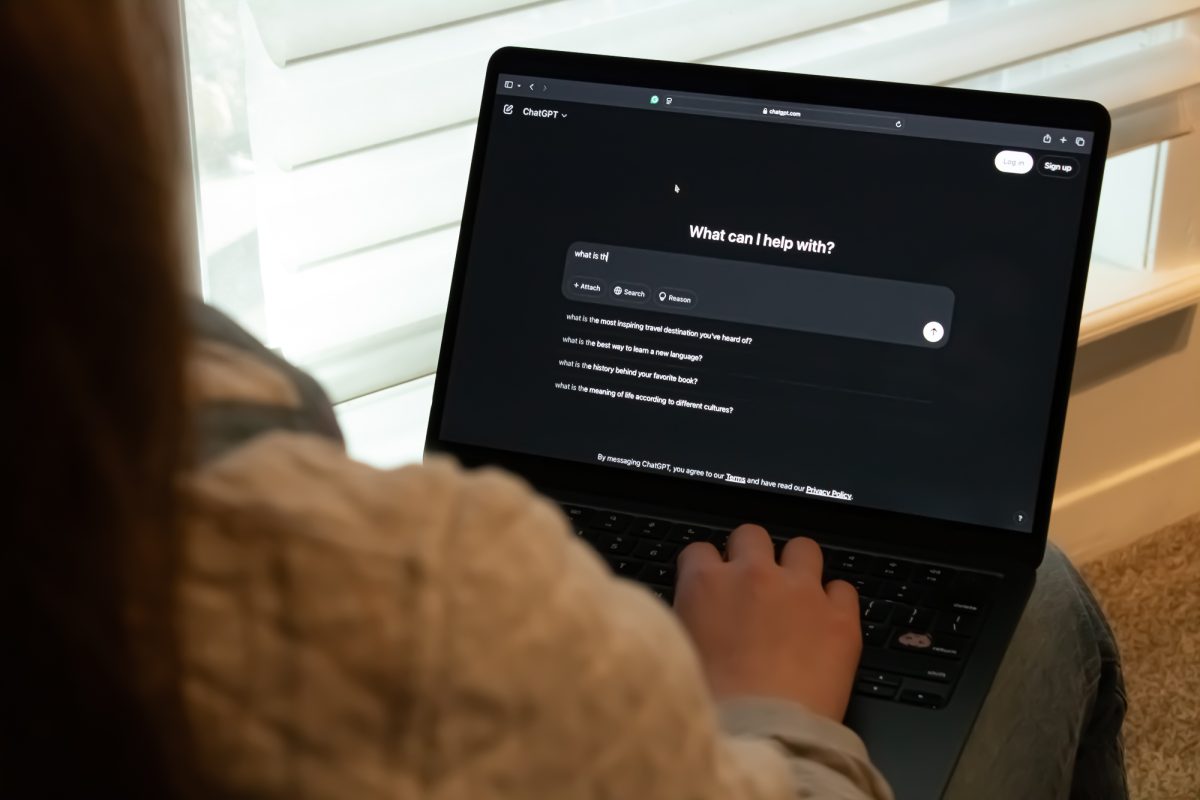Recent research on highways and tollways contradicts approximately 20 different surveys of research done, according to Sruthi Ashraf, engineering graduate student, and Mark Burris, civil engineering professor.
A managed lane is a lane with a toll, and a general purpose lane is a free lane without one. According to Burris’s previous surveys, people will make logical decisions while driving on freeways with the option of managed or free lanes. For example, he said, people will pay $1 for a managed lane if it is five minutes faster, but not $2. This, Burris said, is the kind of logical decision people answer in his previous surveys.
However, Burris has recently gained access to data about anonymous travelers’ habits on Katy Freeway, and he said it contradicts any research on this specific topic in the transportation and economics field. Burris said he found travelers consistently pick one set of lanes over the other, regardless of cost or time.
“So, in theory, travelers going along a freeway with managed lanes, like Katy Freeway in Houston, will choose between the toll lanes and the free lanes based on how much travel time savings the toll lane offers versus how much the toll is and thus how much it costs,” Burris said. “We are finding travelers do not make that choice. What we are finding are that most travelers use one set of lanes, either the general purpose lanes or the managed lanes for every trip they make. It doesn’t matter what the toll is or the travel time savings.”
Burris has partnered with professors in agricultural economics, economics, and psychology, and researchers with Texas A&M Transportation Institute (TTI) to conduct a three-year project funded by the Federal Highway Administration. This project, according to Burris, will continue to survey travelers, test them in a driving simulator and also monitor their travel on managed lanes where they live. Burris said he is hoping to get better, more accurate data at the end of this project.
“I think we will have a much better understanding of how travelers are making decisions,” Burris said. “That means we can better model travelers and their decisions. That means we can do a better job planning for what infrastructure needs to be built in order to reduce congestion and improve people’s lives. So that’s the end goal, is to improve our ability to predict future travel and plan for it better. And build infrastructure in a more economical way and efficient.”
According to Burris, the main purpose of this project is to predict what will happen and what needs to be done about it. He said results from this project will allow people to do a better job of planning infrastructure to be built in a more efficient and economical way, like to reduce congestion. The transportation research Burris is conducting has proven important in various aspects, including plans for infrastructure and revolutionizing almost twenty years worth of data.
“I think it’s kind of revolutionary because he is discarding his own theories regarding all these things, like twenty years of his research and other people’s research,” Ashraf said.
Recent travel research contradicts surveys
April 16, 2018
Photo by Courtesy
Standing (left to right): Dr. Alireza Talebpour, Dr. Mark Burris, Dr. Kumares Sinha. Sitting: Arezoo Samimi.
0
Donate to The Battalion
$2790
$5000
Contributed
Our Goal
Your donation will support the student journalists of Texas A&M University - College Station. Your contribution will allow us to purchase equipment and cover our annual website hosting costs, in addition to paying freelance staffers for their work, travel costs for coverage and more!
More to Discover










